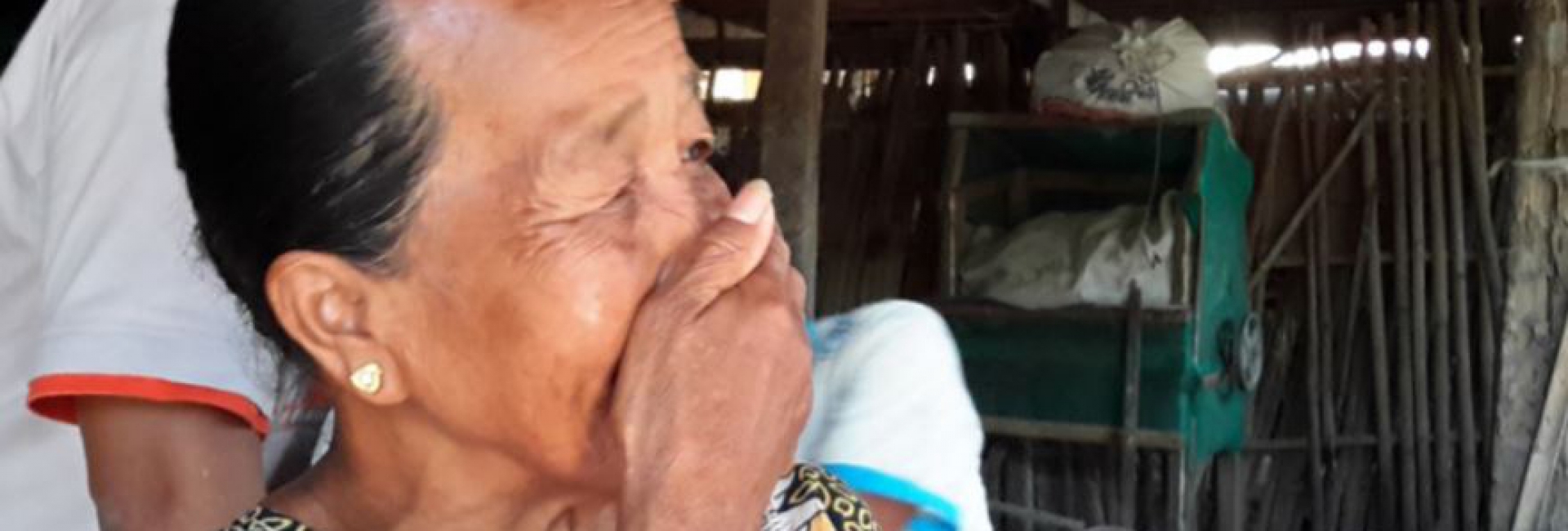Indonesia is gradually becoming a country with an aging society. According to the 2019 National Socioeconomic Survey (Susenas), the number of citizens above 60 years of age (the elderly) reached 25.7 million or around 9.6% of the total population. This number was predicted to increase to 10% by 2020 and 20% by 2040 (BPS in TNP2K and MAHKOTA, n.d.).
The elderly citizens partly belong to the low-welfare group of the society. Around 11% of the elderly live in poverty. About half of the elderly population experience health problems, a quarter of them have illnesses, and around 44.8% have one disability or another (SMERU and TNP2K, 2020). The elderly population in general are less productive so that they experience a decrease in income or even do not have any income. These conditions lead to the elderly becoming vulnerable to multiple socioeconomic risks and shocks.
This means that the provision of sufficient social protection programs is very important. The central and regional governments already have several social protection programs for the elderly, but the number of beneficiaries is still limited.
Based on this premise, it is very important to conduct a study on the existence and implementation of social protection programs for the elderly. TNP2K, in collaboration with SMERU, is conducting a study on social protection programs for the elderly in three provinces, namely DKI Jakarta, DI Yogyakarta, and Bali, from April to July 2021
In general, this study is aimed at learning about the existence of social protection programs for the elderly and their implementation, notably those in the form of social assistance, in the 2019–2021 period.
Specifically, this study aims to learn about, analyze, and describe the following aspects in the study locations.
- The existence of social protection programs for the elderly that are initiated and run by both the central and regional governments.
- The implementation of social protection programs for the elderly run by the regional governments, including:
- the motivation on which the programs’ implementation is based and the budget commitment that is made;
- the programs’ implementation process, including their strengths and weaknesses, challenges and constraints, and achievements;
- the elderly’s access to the social protection programs for the general public and for the elderly specifically, from both the central and regional governments, as well the constraints and strategies to mitigate them;
- the benefits of the social protection programs for the elderly and their impact on the elderly and their family’s welfare, both from the economic and social points of view, based on the informants’ perception; and
- the general welfare condition of the elderly.
This study uses the qualitative method. Data will be collected through in-depth interviews using structured interview guidelines.
Due to the coronavirus disease 2019 (COVID-19) pandemic and the policies related to the pandemic, the in-depth interviews will be conducted online.




